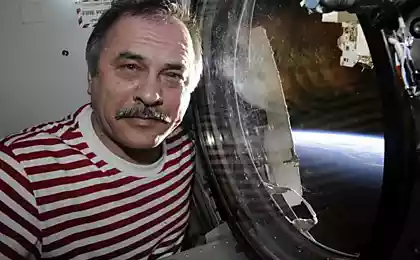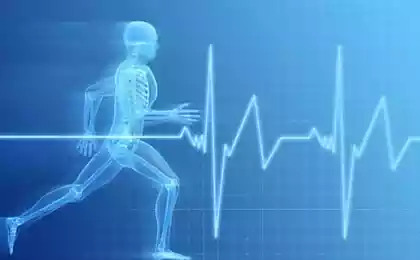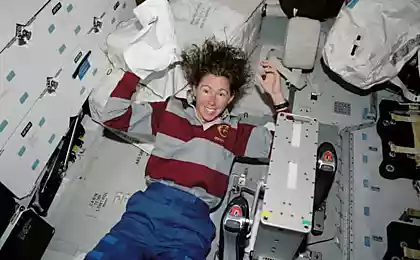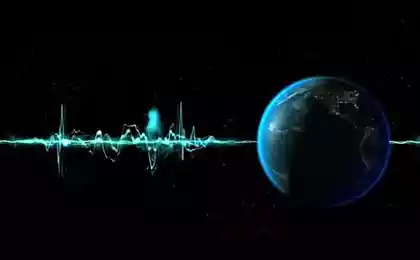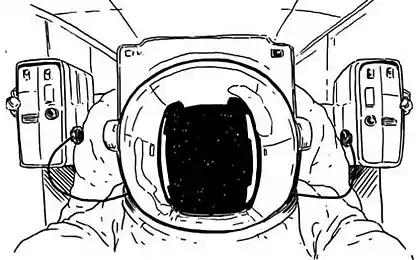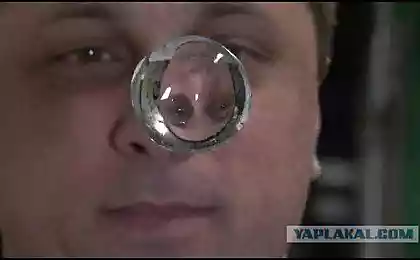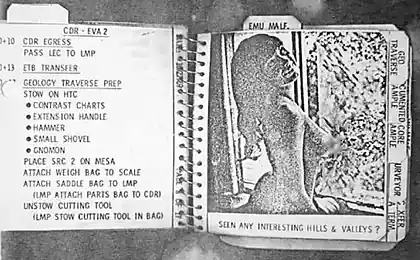481
How astronauts sleep in space
The question Gizmodo said former astronaut Clayton Anderson: I slept well! In fact, there is no special training that astronauts undergo related to sleep and sleeping conditions. The best advice about sleeping I received from the commander of the space Shuttle STS-117 Rick Sturckow. He told me to grab a good book and do not make noise.
For those of you who are looking for space in my dream the details of the dreams were many. No, in space the dream is exactly the same as on Earth. I was part of a special experiment called Long SLEEP in which I had to wear a special watch for 152 days during the mission, and on solid ground. The experiment (and watch) measured light/dark and movement; it gave scientists important information about when I slept and under what conditions. The data after the flight showed that I slept on average 7 hours and 20 minutes during the 152-day mission — much more than on Earth, I thought. The could report them, when I was awake and when I was in deep sleep.
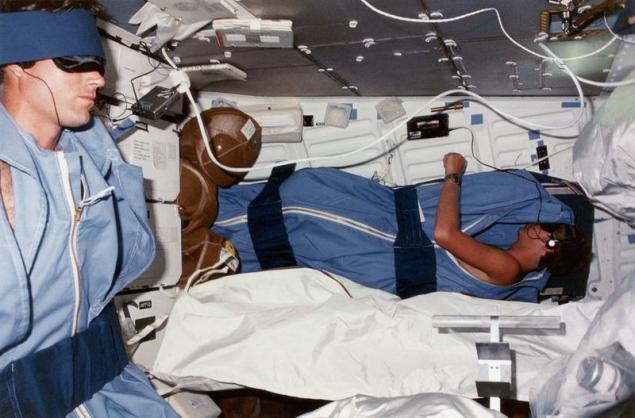
My sleep station on ISS, TeSS (Temporary Sleep Station), is no more. But it was the precursor to the sleep station, which is now at the ISS in the U.S. segment (Node 2). TeSS was quiet, dark and cold. We had sleeping bags of the Russian production that needed just snap in the four corners — anything — not to swim while sleeping.
The bags were light and warm enough — I slept only in a pair of underpants. Many astronauts it was cold to sleep on the ISS, so they slept in pajamas, long socks, and sometimes even hats.
My night routine was to not have a computer at my station sleep. Obviously, I was one of the first promoters of the idea to keep electronic devices away from the bed. I worked in the lab, then turned off the light and went to sleep (before it even was brushing my teeth, snacking, etc.). I removed all my clothes except underwear, then climbed into the sleeping bag, and stopped their ears with earplugs and read "Sahara" Clive Cussler until my tired eyes were not closed.
Here's what's funny. When your eyes are closed in space, your body relaxes, and his hands release the book. But without gravity, your head falls and you don't flinch when you realize that you have dozed off. If you Wake up, your book will float where you left it.
I never dozed in the afternoon on the ISS. If I was beginning to nod, when I was working at the computer, for example, I went to have a drink and a bite to eat in hopes to gain energy. I didn't want to sleep during the day, afraid to sleep later in the night. It seemed to me that it is right.published
P. S. And remember, just changing your mind — together we change the world! ©
Source: hi-news.ru
For those of you who are looking for space in my dream the details of the dreams were many. No, in space the dream is exactly the same as on Earth. I was part of a special experiment called Long SLEEP in which I had to wear a special watch for 152 days during the mission, and on solid ground. The experiment (and watch) measured light/dark and movement; it gave scientists important information about when I slept and under what conditions. The data after the flight showed that I slept on average 7 hours and 20 minutes during the 152-day mission — much more than on Earth, I thought. The could report them, when I was awake and when I was in deep sleep.

My sleep station on ISS, TeSS (Temporary Sleep Station), is no more. But it was the precursor to the sleep station, which is now at the ISS in the U.S. segment (Node 2). TeSS was quiet, dark and cold. We had sleeping bags of the Russian production that needed just snap in the four corners — anything — not to swim while sleeping.
The bags were light and warm enough — I slept only in a pair of underpants. Many astronauts it was cold to sleep on the ISS, so they slept in pajamas, long socks, and sometimes even hats.
My night routine was to not have a computer at my station sleep. Obviously, I was one of the first promoters of the idea to keep electronic devices away from the bed. I worked in the lab, then turned off the light and went to sleep (before it even was brushing my teeth, snacking, etc.). I removed all my clothes except underwear, then climbed into the sleeping bag, and stopped their ears with earplugs and read "Sahara" Clive Cussler until my tired eyes were not closed.
Here's what's funny. When your eyes are closed in space, your body relaxes, and his hands release the book. But without gravity, your head falls and you don't flinch when you realize that you have dozed off. If you Wake up, your book will float where you left it.
I never dozed in the afternoon on the ISS. If I was beginning to nod, when I was working at the computer, for example, I went to have a drink and a bite to eat in hopes to gain energy. I didn't want to sleep during the day, afraid to sleep later in the night. It seemed to me that it is right.published
P. S. And remember, just changing your mind — together we change the world! ©
Source: hi-news.ru
Presented pocket laser projector from Sony
How to build a grill out of the washing machine their hands




